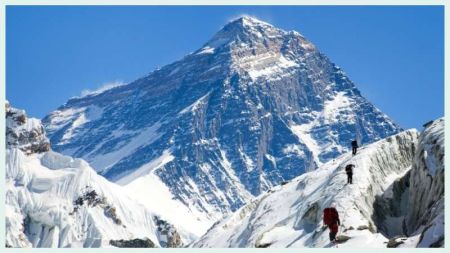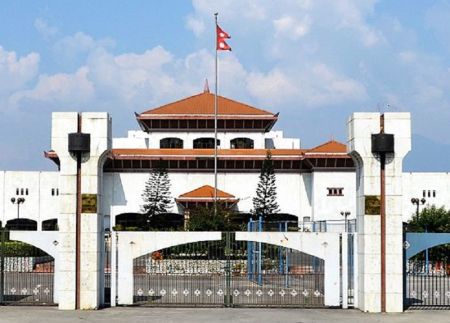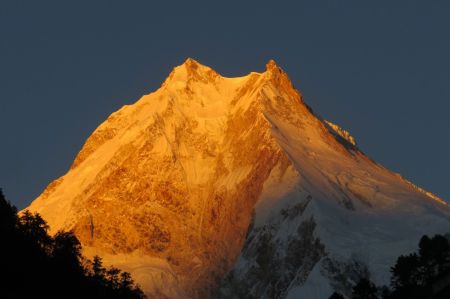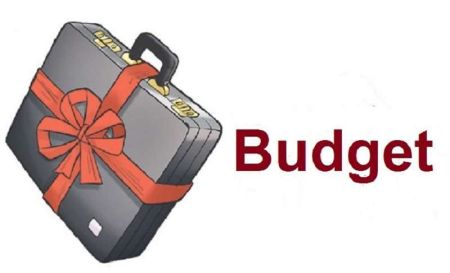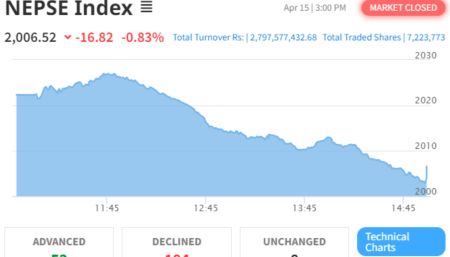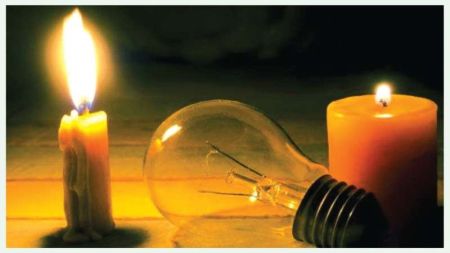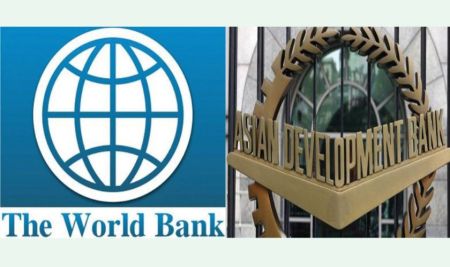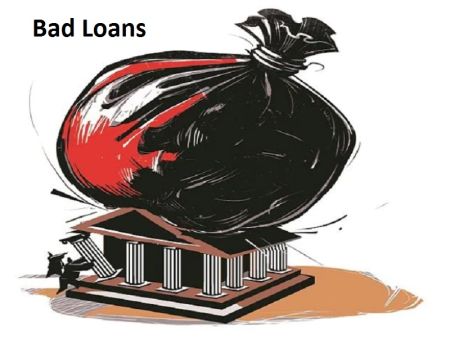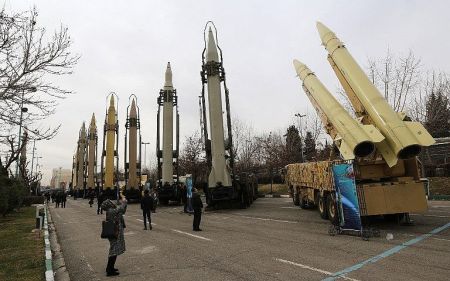--By Madan Lamsal
There are bunch of worried people who constantly think that Nepali economy is sinking, rather sooner. This indeed is absolutely unnecessary concern. Because, first, Nepali economy is not a ship as we happen to be a land-locked country. Second, even if it were a ship we have had not a herd but a fleet of captains to save or rescue it from capsizing; present in every bit of history in different guise, which I shall elaborate further. And, if none of them happened to be at the deck, there will be our own ever-present Pashupatinath to steer clear the whole Nepal out of the danger zone, let alone economy. At least, that is what we Nepalis have believed for generations and still have the largest faith on the Lord at the banks of Bagmati than the banks owned by the lords – feudal-lords, warlords or landlords.
Our business community understands at which point of time, who can save the Nepali economy best from absolute melt down. In other countries, the business leaders and related organizations first take responsibility of captaining the ship of economy and look for support on whatever is not adequate in them. Our case is just opposite. Nepali brand of business leaders keep on changing the captain, express confidence on a particular one and shift to new one according to changing tide of time.
When democracy was reinstated in 1990 and the Nepali Congress government adopted the 'free market' economic policy, everybody thought that free market means freedom to do anything one can imagine– hoarding, black marketing, tax evasion, carteling and forged invoicing. Even in the political circles, impact of free market was so huge that the system produced billionaire overnight. Not only likes of Khum Bahadur and Chiranjivi Wagle who turned out to be the most unfortunate among the lot, so to be behind the bars, others who are moving freely are no different in amassing assets as the gift of free market, read freedom to corruption. Look at bulging bank accounts of incumbent ministers under a beggar prime minister. So, in all those years, GP Koirala was assigned captaincy to save economic ship, which he did. You can test its calibre by looking the total amount saved by his daughter Sujata during these two decades.
Then came the Sher Bahadur, Madhav Nepal and so on as new captains and our business community unfailingly expressed confidence in their captaincy. They did save the economy. Whether the economy of their own or that of the nation is irrelevant here. The point here is: there should be an economy and it had to be saved. That was done, without fail.
That followed the direct rule of King Gyanendra. The queue of business people to bow to him, as the newfound captain was always longer than any wide-angle zoom of television/movie camera could capture in a single shot. He did save our economy. He is still the one single person in Nepal who has got the largest amount of saved assets in the country, or, may be outside too. He indeed made our business people most jubilant when he picked-up a former FNCCI president to help him in this 'save economy' mission. One of the techniques in saving is not to let it decay or decompose by letting it remain cool. So this entrepreneur was asked by the King to launch an ice-cream factory. A brilliant idea of saving the economy.
The ability of the Maoist brigade of captains can make an epic. They in fact manned the economic ship in multiple ways. They had multiple captains who wanted to steer the economy in different directions. So it was first saved from moving into any direction. When the ship was not at all leaving the dock, it automatically got saved from sinking. Secondly, they had all fist-raising comrades with red band on their heads. Whoever else thought of moving this ship called economy, they used all tactics possible -thrashing, chasing, extorting and even killing if required. They were practically the real saviours.
At present, all these forces are together, represented in the Constituent Assembly. Some great captains are with their entire family – spouse, son, cousin or in-laws. So, there is no question Nepali economy will ever sink. That is the reason even our newly elected FNCCI executives have more faith in political lords than on those who elected them.







